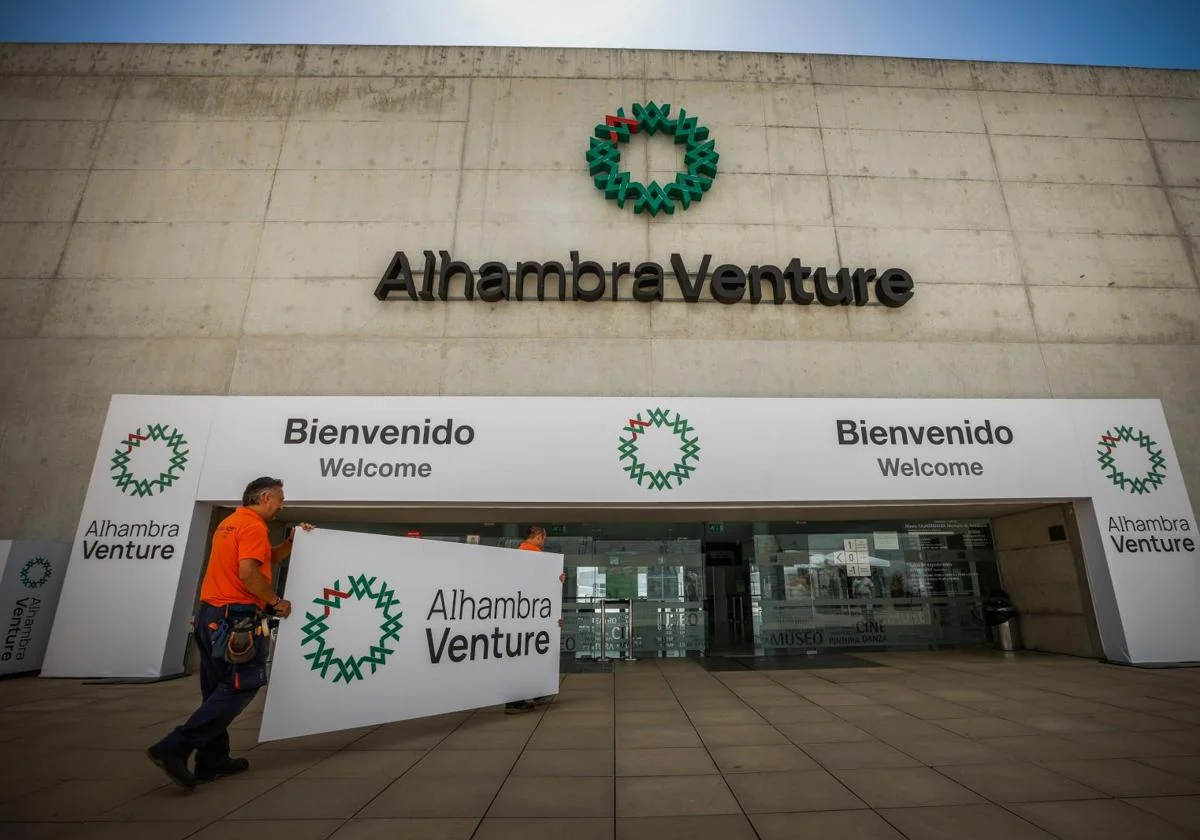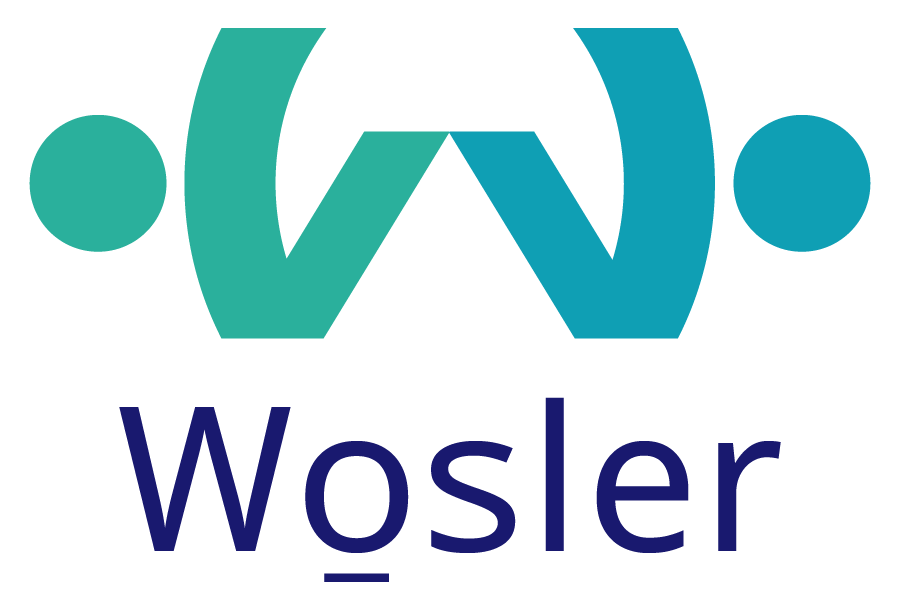There are no second chances during peak season.
With millions of visitors expected this summer—in 2024 alone, Spain welcomed over 33.1 million international tourists between June and August, according to Spain’s National Statistics Institute (INE)—companies in the tourism sector must prepare for high demand, rising expectations, and zero tolerance for mistakes.
Clean rooms and well-run tours are no longer enough. Today’s traveler wants to feel confident in their choice—even when things don’t go as planned. Trust, prevention, and support are now part of the full experience.
Here at Wosler, we’re sharing five key actions you can take before summer begins to protect your reputation, improve operations, and stand out when it matters most.
1. Prepare for a High Season Where Tourists Expect More
The problem: Traveler profiles have changed. It’s no longer just about price or location. More and more guests value safety, care, prevention, and the ability to respond to the unexpected. And when those things are missing, they say so in their reviews.
The real risk isn’t just that something might happen—it’s being unprepared to handle it.
The action: Highlight what you offer. If you’ve partnered with a digital medical assistance service, make that clear—before, during, and after the booking. Add the information to your website, welcome emails, front desk, and printed or digital materials.
What used to be a “nice touch” is now a clear differentiator for today’s more conscious and demanding traveler.
2. Strengthen Your Operations: Great Service Is Trained, Not Improvised
The problem: During peak season, everything speeds up. Without clear protocols and roles, your team ends up improvising—leading to confusion, inconsistent responses, and a weakened guest experience.
One of the biggest gaps? Handling minor health issues—fever, dehydration, stomach discomfort. Staff often don’t know what to do or feel unsure about taking action.
The action: Review your internal protocols, especially those tied to customer care and medical incidents. Train your team, define clear response workflows, and clarify what needs to be escalated, to whom, and how.
👉 For more on this, check out our article “Medical Protocols in Tourism: The Key That Separates Leaders from Improvisers,” where we break down this challenge and share practical solutions already in use by top-performing companies.
3. Don’t Let Information Gaps Ruin the Guest Experience
The problem: When travelers don’t know what to expect, uncertainty, impulsive decisions, and frustration follow.
It’s common for travelers to have basic questions when they arrive—how to activate a SIM card, use public transport, or report lost luggage. But more sensitive (and surprisingly frequent) situations also arise—like getting sick. Mild symptoms such as fever, nausea, or dizziness often result in unnecessary ER visits or negative reviews… simply because no one explained what to do or who to turn to.
These information gaps also overload your staff, who end up answering the same urgent questions repeatedly under pressure.
The action: Communicate clearly, visually, and in advance. Include preventative messages in emails, chats, and printed materials. Explain how to respond to mild symptoms, how to access digital medical care, and what resources are available to the guest.
Good communication doesn’t just ease your staff’s burden—it shows foresight, professionalism, and empathy.
4. Check Your Resources and Partners Before Trouble Hits
The problem: When something goes wrong, many businesses discover that their supplier info is outdated, their staff don’t know who to contact, or coordination with third parties is broken.
This leads to wasted time, frustrated guests, and damaged reputations.
The action: Create an operational checklist with all your critical resources. Review your partnerships, contracts, and on-demand services. Does your team know which provider to call in case of an issue? Do they know how to activate a service like Wosler without delay?
👉 For more on this, read “The key to success for tourism businesses: why betting on innovative collaborations is more important than ever” where we show how well-designed alliances are helping tourism companies boost efficiency, reputation, and resilience.
Preparation can’t be improvised—it must be built in advance.
5. Commit to Sustainable and Responsible Tourism
The problem: In recent years, tourism has grown exponentially—but not always responsibly. In many destinations, local communities feel the strain: pressure on public services, rising living costs, and limited access to housing.
This leads to growing tension: overloaded transport, frustration over overcrowding, gentrification, and even stress on healthcare systems. While tourists often take the blame, the real issue is usually a lack of shared responsibility from the industry.
The action: As a tourism company, you can be part of the solution. Sustainability is no longer a branding advantage—it’s a structural need for long-term destination viability.
This means protecting not just the environment, but also your operations and the local population. One of the most effective ways to reduce pressure on public systems is to lighten their load.
💡 At Wosler, we partner with companies committed to this mission. By offering digital medical assistance to travelers, they not only enhance the guest experience—they also reduce unnecessary visits to local clinics, freeing up resources for residents and promoting more balanced coexistence.
👉 Want to learn how this approach supports environmental sustainability too? Read “Promoting sustainable tourism: Wosler’s role in reducing the carbon footprint ” where we explain how medical digitalization helps cut down on travel and emissions.
To Stand Out, You Must Be Ready
The most successful companies aren’t the best improvisers—they’re the ones that act with structure, clarity, and foresight before the rush hits.
With numbers like 2024’s—over 33.1 million international tourists in just three months—the question isn’t if something will go wrong. It’s how you’ll respond.
One of the smartest moves you can make is investing in strategic innovation—like implementing a reliable, multilingual digital medical assistance system. Because this isn’t just about healthcare—it’s about reputation, professionalism, and delivering a standout guest experience.
Does Your Company Have a Clear Plan for Handling Incidents This Summer?
Peak season doesn’t just demand more resources—it demands better decisions.
Having a defined protocol—especially for health-related issues—can mean the difference between a smooth stay and a crisis. But beyond resolving problems, planning ahead strengthens your positioning.
👉 To explore this further, read “More Than Just Medical Help: How Wosler Turns Healthcare into Brand Value for Your Clients” where we show how tourism businesses are using healthcare not just as an operational tool, but as part of their value proposition.
At Wosler, we work with hotels, travel agencies, and tourism companies across Spain that are getting ahead—by integrating digital medical care that improves guest satisfaction and reduces operational pressure.Request our practical medical readiness guide for peak season and see how it can be adapted to your operations.
📩 hello@wosler.es




